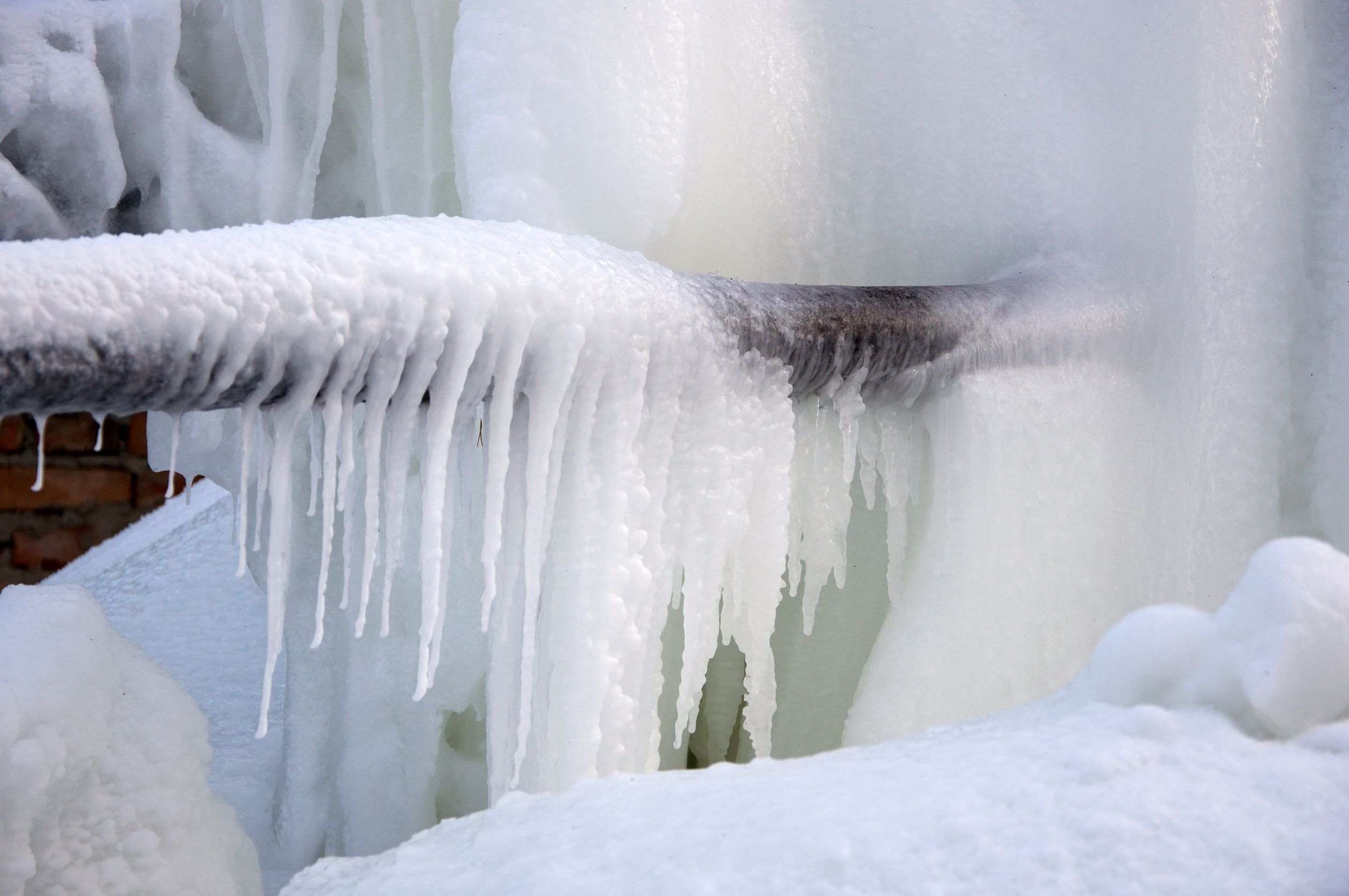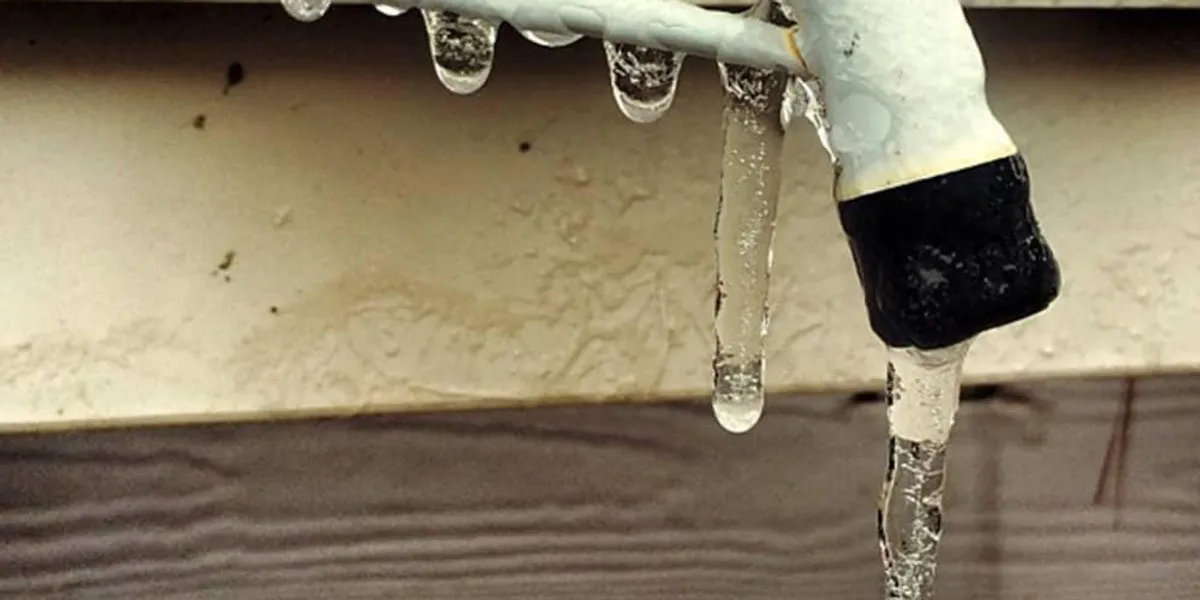Ways to Protect Your Plumbing from Cold Weather: Critical Strategies
Ways to Protect Your Plumbing from Cold Weather: Critical Strategies
Blog Article
Do you find yourself looking for insight involving How to Prevent Your Pipes From Freezing?

Cold weather can damage your pipes, specifically by freezing pipelines. Here's how to avoid it from occurring and what to do if it does.
Intro
As temperature levels decrease, the danger of frozen pipes boosts, potentially resulting in costly repair work and water damage. Understanding just how to stop icy pipes is essential for homeowners in cool climates.
Avoidance Tips
Shielding at risk pipelines
Wrap pipelines in insulation sleeves or utilize heat tape to protect them from freezing temperature levels. Focus on pipelines in unheated or exterior locations of the home.
Heating strategies
Keep indoor spaces adequately heated up, especially areas with pipes. Open cupboard doors to permit warm air to distribute around pipelines under sinks.
How to determine icy pipes
Search for lowered water circulation from faucets, unusual odors or sounds from pipelines, and noticeable frost on revealed pipes.
Long-Term Solutions
Structural modifications
Think about rerouting pipelines far from outside wall surfaces or unheated locations. Include additional insulation to attic rooms, cellars, and crawl spaces.
Updating insulation
Purchase top notch insulation for pipelines, attic rooms, and walls. Proper insulation helps maintain regular temperature levels and minimizes the danger of frozen pipelines.
Securing Outside Plumbing
Yard pipes and outdoor taps
Detach and drain yard pipes before winter months. Set up frost-proof spigots or cover outside faucets with protected caps.
Understanding Icy Pipes
What causes pipes to freeze?
Pipelines freeze when revealed to temperatures listed below 32 ° F (0 ° C) for extended durations. As water inside the pipelines freezes, it broadens, taxing the pipe walls and possibly causing them to rupture.
Dangers and problems
Frozen pipes can cause water disruptions, building damage, and expensive repair work. Burst pipes can flood homes and trigger substantial architectural damage.
Indications of Frozen Pipeline
Determining frozen pipes early can prevent them from breaking.
What to Do If Your Pipelines Freeze
Immediate activities to take
If you presume frozen pipes, maintain taps available to alleviate pressure as the ice thaws. Utilize a hairdryer or towels soaked in warm water to thaw pipes slowly.
Verdict
Avoiding frozen pipelines requires aggressive steps and quick actions. By understanding the reasons, signs, and safety nets, property owners can shield their plumbing throughout winter.
Helpful Tips to Prevent Frozen Pipes this Winter
UNDERSTANDING THE BASICS: WHY PIPES FREEZE AND WHY IT’S A PROBLEM
Water freezing inside pipes is common during the winter months, but understanding why pipes freeze, and the potential problems it can cause is crucial in preventing such incidents. This section will delve into the basics of why pipes freeze and the associated problems that may arise.
THE SCIENCE BEHIND FROZEN PIPES
When water reaches freezing temperatures, it undergoes a physical transformation and solidifies into ice. This expansion of water as it freezes is the primary reason pipes can burst. As the water inside the pipe freezes, it expands, creating immense pressure on the walls. If the pressure becomes too great, the pipe can crack or rupture, leading to leaks and water damage.
FACTORS THAT CONTRIBUTE TO PIPE FREEZING
Low Temperatures: Extremely cold weather, especially below freezing, increases the risk of pipes freezing. Uninsulated or Poorly Insulated Pipes: Pipes located in unheated areas, such as basements, crawl spaces, or attics, are more prone to freezing. Insufficient insulation or lack of insulation altogether exacerbates the problem. Exterior Wall Exposure: Pipes running along exterior walls are susceptible to freezing as they encounter colder temperatures outside. Lack of Heating or Temperature Regulation: Inadequate heating or inconsistent temperature control in your home can contribute to frozen pipes. PROBLEMS CAUSED BY FROZEN PIPES
- Pipe Bursting: As mentioned earlier, the expansion of water as it freezes can cause pipes to burst, resulting in significant water damage.
- Water Damage: When pipes burst, it can lead to flooding and water damage to your property, including walls, ceilings, flooring, and personal belongings.
- Structural Damage: Prolonged exposure to water from burst pipes can compromise the structural integrity of your home, leading to costly repairs.
- Mold and Mildew Growth: Excess moisture from water damage can create a favorable environment for mold and mildew growth, posing health risks to occupants.
- Disrupted Water Supply: Frozen pipes can also result in a complete or partial loss of water supply until the issue is resolved.
WHY CERTAIN PIPES ARE MORE PRONE TO FREEZING
- Location: Pipes located in unheated or poorly insulated areas, such as basements, crawl spaces, attics, or exterior walls, are at higher risk of freezing.
- Exterior Pipes: Outdoor pipes, such as those used for irrigation or exposed plumbing, are particularly vulnerable to freezing as they are directly exposed to the elements.
- Supply Lines: Pipes that carry water from the main water supply into your home, including the main water line, are critical to protect as freezing in these lines can affect your entire plumbing system.
- Underground Pipes: Pipes buried underground, such as those connected to sprinkler systems or outdoor faucets, can be susceptible to freezing if not properly insulated.
https://busybusy.com/blog/helpful-tips-to-prevent-frozen-pipes-this-winter/

I hope you enjoyed our excerpt on How to prepare your home plumbing for winter weather. Thank you for taking time to read our posting. Enjoyed reading our article? Please share it. Let someone else check it out. Thanks a lot for your time. Come back soon.
Schedule Today Report this page